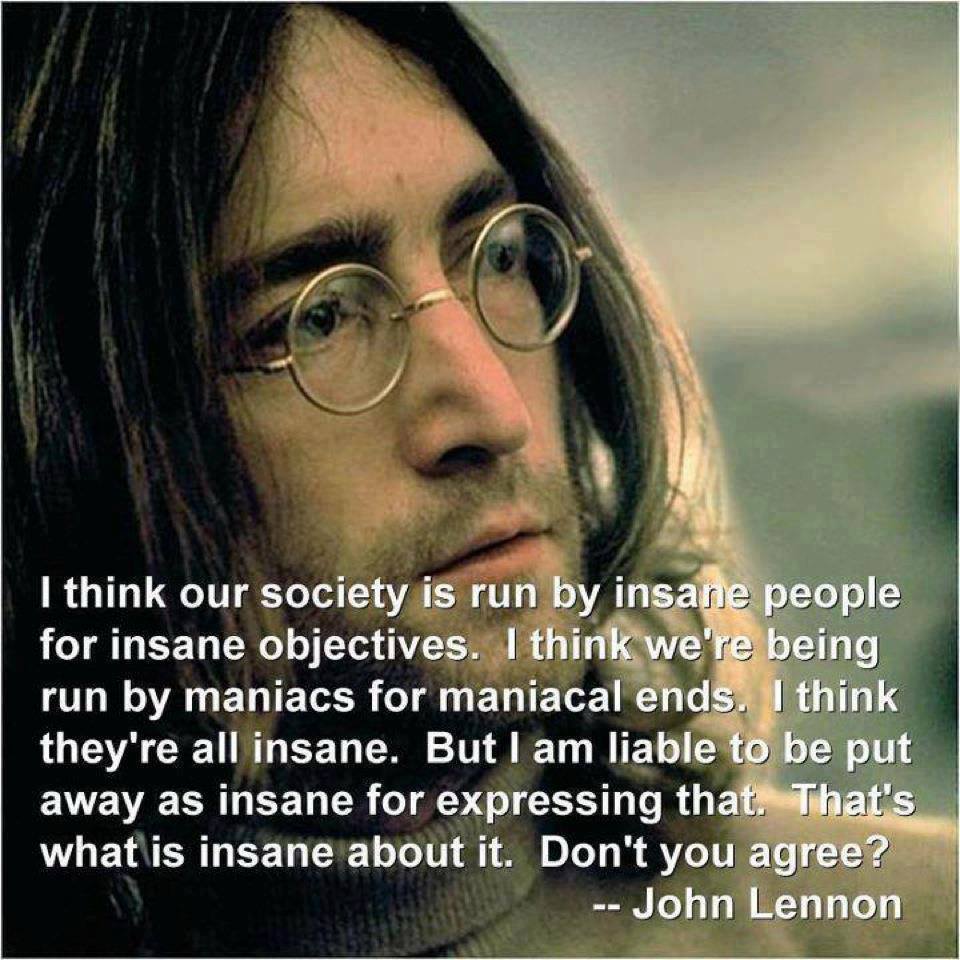Yes, it's like there is an international law for all but one member states of the United Nations and that there are no rules at all when it comes to Israel.
They have violated countless UN resolutions, court orders, and ceasefire agreements. They are using illegal weapons (white phosphorus, mines disguised as everyday objects) and violate the human rights of Palestinians on a daily basis and never face any consequences.

The issue of Israel's compliance with international law, including UN resolutions and human rights obligations, is indeed a complex and contentious topic:
UN Resolutions and Violations: Israel has been the subject of numerous UN General Assembly resolutions, particularly those related to its policies in the occupied Palestinian territories. For instance, the UN Security Council Resolution 2334 (2016) declared that Israel's settlement activities in these territories have no legal validity, constitute a flagrant violation under international law, and are a major obstacle to peace. Despite this, the enforcement of these resolutions has been limited by political dynamics, including vetoes by the United States in the Security Council, which has historically shielded Israel from more severe international repercussions.
Alleged Use of Illegal Weapons: There have been reports and allegations of Israel using weapons like white phosphorus in densely populated areas, which is indeed controversial under international humanitarian law if used in ways that cause unnecessary suffering or indiscriminate harm to civilians. The use of such munitions has been criticized by human rights organizations and some international bodies for potentially violating the laws of war, although Israel has maintained that its use of white phosphorus has been for smokescreen purposes, not for targeting civilians.
Human Rights Violations: The human rights situation in the occupied territories has been a focal point for criticism. Reports from various human rights organizations, including Amnesty International and Human Rights Watch, have detailed instances of what they describe as systemic human rights abuses, including restrictions on movement, home demolitions, and the use of excessive force. These actions have been characterized by some as collective punishment, which is prohibited by the Fourth Geneva Convention. However, Israel defends many of its actions as necessary for security, citing ongoing threats from groups like Hamas.
International Response: The international community's response to these issues has been mixed. While there is significant criticism from various nations, human rights organizations, and parts of the UN, practical actions like sanctions or enforceable measures against Israel are rare, often due to geopolitical considerations, alliances, and the complex nature of the conflict. The lack of enforcement mechanisms in the UN General Assembly resolutions, coupled with the political realities within the Security Council, often results in resolutions being more symbolic than consequential.
Legal and Political Dimensions: The interpretation of Israel's actions under international law often divides legal scholars and political analysts. Critics argue that Israel's policies amount to apartheid or other forms of systemic discrimination, as noted in some reports. Conversely, supporters of Israel's policies might argue that the unique security threats Israel faces necessitate some of these measures, and that the country adheres to international law within the constraints of its security needs.
This situation illustrates the broader challenges in enforcing international law and human rights standards when they intersect with deeply entrenched territorial and political disputes.